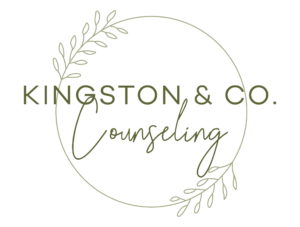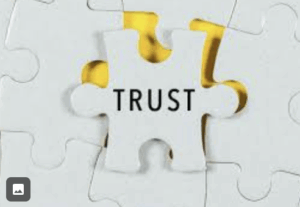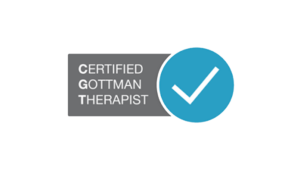The New Year is often seen as a time of renewal, a chance to reflect on the past and set ambitious goals for the future. While this notion can be inspiring, it also brings significant pressure. Many feel an intense need to create life-changing resolutions or present an image of success and progress. At Kingston & Co Counseling, we aim to help you embrace the New Year with a focus on mental health and well-being rather than societal expectations.
Why Does the New Year Bring So Much Pressure?
The transition into a new year can amplify feelings of stress, self-doubt, and inadequacy due to:
- Cultural Hype
Society often portrays the New Year as a magical reset button, creating unrealistic expectations for instant transformation. From the “New Year, New You” mantra to motivational social media posts, the emphasis on drastic change can feel overwhelming. - Personal Reflection
As people reflect on the past year, they may focus on perceived shortcomings instead of successes. This self-critical lens can make them feel unprepared to tackle new goals. - The Comparison Trap
Social media often amplifies the pressure to compare our lives with others. Seeing curated posts of achievements, resolutions, or celebrations can lead to feelings of inadequacy. - The All-or-Nothing Mindset
Many believe that failing to stick to resolutions early on means failure for the entire year. This rigid mindset can set individuals up for disappointment and discouragement.
The combination of these factors creates a mental load that many struggle to carry. Understanding these pressures is the first step to breaking free from them.
The Psychology Behind New Year’s Resolutions
Resolutions are inherently appealing because they promise hope and a fresh start. However, research shows that less than 10% of people actually achieve their New Year’s goals. The reasons often lie in:
- Unrealistic Expectations: Goals are often too ambitious, such as losing a significant amount of weight in a short time or achieving perfection in a new skill.
- Lack of Specificity: Resolutions like “be healthier” or “save money” are vague and lack actionable steps, making them difficult to achieve.
- Focus on Perfection: Slip-ups are inevitable, but they often lead to abandoning resolutions altogether instead of re-adjusting goals.
To create meaningful and sustainable changes, it’s important to set realistic, specific, and flexible goals.
Strategies to Manage New Year’s Pressure
Here are some practical ways to embrace the New Year without succumbing to its pressures:
1. Reflect Positively
Instead of focusing solely on what went wrong in the past year, celebrate your achievements, no matter how small. Writing down your accomplishments can provide a balanced perspective.
2. Set SMART Goals
Use the SMART framework—Specific, Measurable, Achievable, Relevant, Time-bound—to set attainable resolutions. For instance, instead of “exercise more,” try “attend two yoga classes a week.”
3. Prioritize Mental Health
Dedicate time to activities that enhance mental well-being, such as meditation, therapy, or hobbies. Small, consistent actions often have a more profound impact than drastic changes.
4. Celebrate Progress
Progress is not linear. Celebrate every step forward, and use setbacks as learning opportunities rather than reasons to give up.
5. Avoid Overloading Yourself
It’s easy to get caught up in the excitement of new beginnings and take on too much. Limit your goals to a few key areas that matter most to you.
6. Seek Support
If you’re feeling overwhelmed, connect with friends, family, or a professional counselor for guidance. Strong support systems are vital for managing stress and staying motivated.
Why It’s Okay to Not Have Resolutions
Contrary to popular belief, you don’t need a list of resolutions to start the year on a positive note. Sometimes, simply maintaining your current habits, finding joy in everyday life, and practicing gratitude is enough.
Consider approaching the year with an intention rather than a resolution. For example, instead of setting rigid goals, focus on values like kindness, growth, or resilience. These guiding principles can lead to fulfilling actions throughout the year.
Building a Sustainable New Year’s Approach
At Kingston & Co Counseling, we believe the New Year should be about self-discovery and growth, not unnecessary pressure. By setting realistic goals and practicing self-compassion, you can create meaningful changes that last.
If you’re feeling overwhelmed by the pressures of the New Year, we’re here to help. Contact us to schedule a session or visit our Blog for more mental health resources.
Remember, every day—not just January 1st—is an opportunity for a fresh start.







